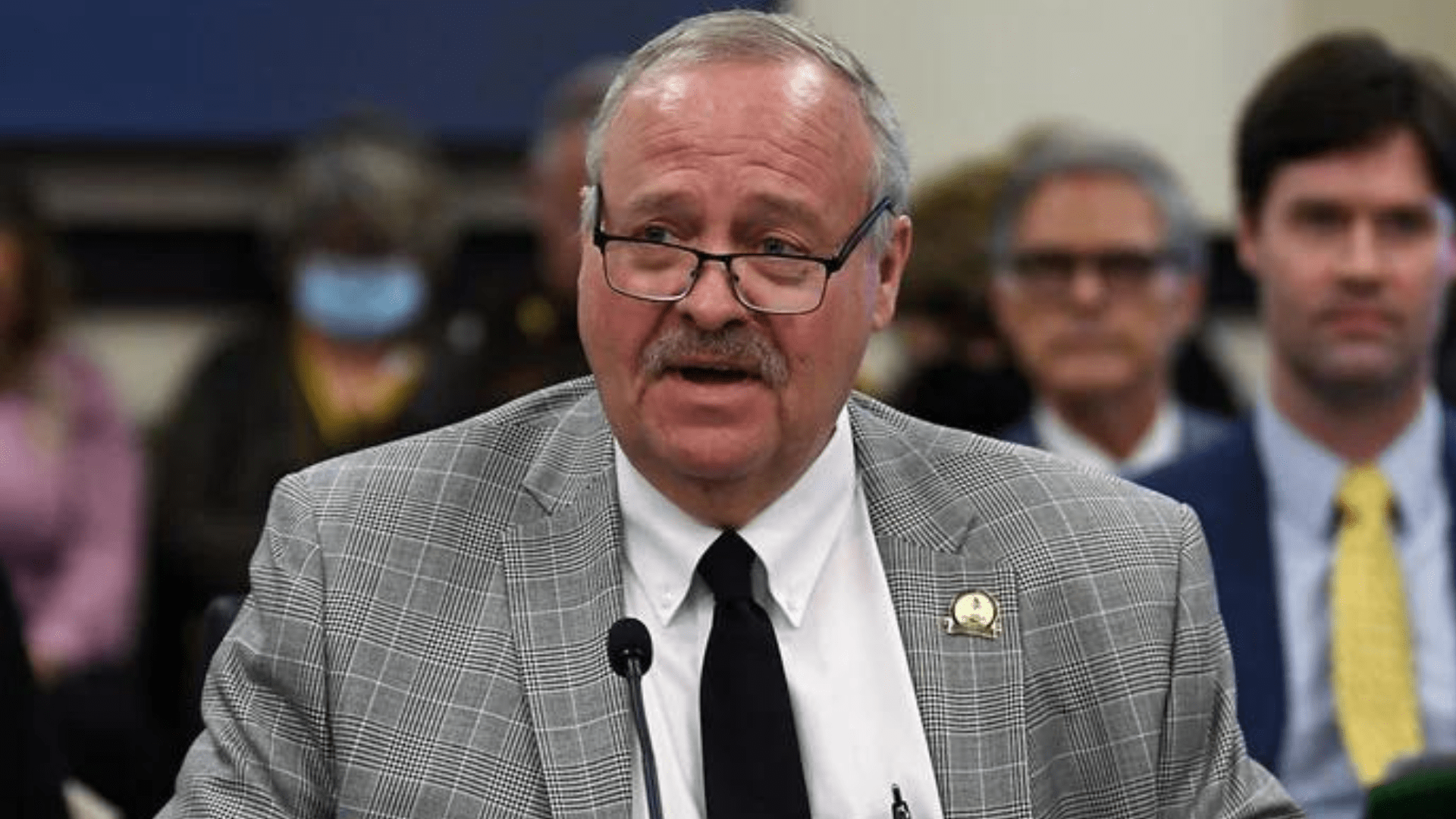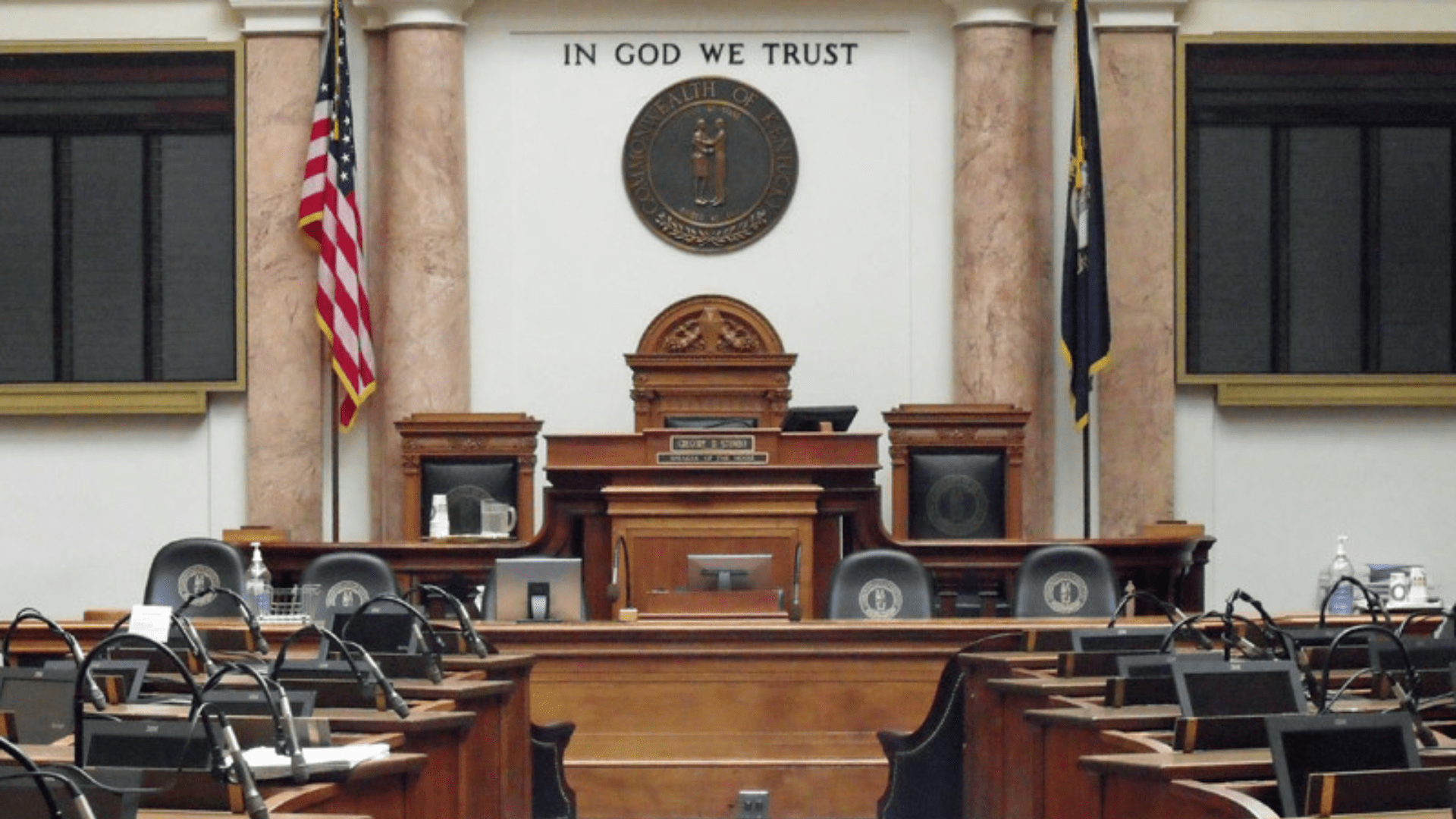A series of bills in Kentucky has raised concerns as they seek to weaken protections for workers in the state.
House Bill 500, which has already advanced through the House Small Business and Information Technology Committee, proposes the elimination of required lunch breaks, rest periods, and time-and-a-half overtime pay for seven consecutive workdays.
Kentucky House Bill 500 Aims to Reduce Employment Lawsuit Statute of Limitations

Additionally, the bill aims to reduce the statute of limitations for employment lawsuits from five to three years.
Republican Rep. Phillip Pratt, the bill’s sponsor, argues that aligning Kentucky with federal labor law will simplify the system, making it easier for employers to navigate.
Who is Phillip Pratt?

Phillip Pratt is a member of the Republican Party who has held a position in the Kentucky House of Representatives since 2017, representing the 62nd district.
He is (perhaps unfortunately) most well known for introducing House Bill 500. Possibly due to his involvement in this controversial bill, Pratt is not pursuing re-election in 2024. He is noted as a graduate of the University of Kentucky College of Law.
Why Does Pratt Advocate for House Bill 500?

Originally, Pratt was attempting to streamline Kentucky’s labor laws, with a specific focus on aiding small businesses. The intent of the bill was to bring labor law into closer alignment with federal wage-and-hour regulations.
Under federal law, employers are not obligated to offer lunch or rest breaks. However, Kentucky currently enforces a requirement of 10-minute rest breaks for every four hours worked, along with a mandated reasonable meal break during a shift.
Critics Believe the Bill Will Harm Workers

However, critics, including union leaders and the Kentucky Center for Economic Policy, believe that the bill would harm workers by removing essential protections that have been in place for decades.
One of the key provisions of House Bill 500 is the removal of the requirement for employers to provide an unpaid lunch break in the middle of a worker’s shift. While Pratt contends that the bill benefits workers by explicitly stating that employers cannot mandate work during unpaid lunch breaks, critics argue that it leaves workers worse off.
Bill Could Dock Workers’ Pay if They Eat Outside of Unpaid Meal

The bill also allows employers to dock pay if workers eat during their shift outside of a provided unpaid meal period.
Despite Pratt’s assurances that employers are likely to offer lunch breaks, opponents stress that the bill weakens longstanding safeguards for safe working conditions and fair pay.
Jeopardized Lunch Breaks and Rest Breaks

Current Kentucky law mandates that employers provide an unpaid lunch break between the third and fifth hours of a worker’s shift. The law also stipulates ten-minute rest breaks for every four hours worked.
Critics argue that House Bill 500, if passed, would dismantle these protections and jeopardize worker safety.
House Bill 500 May Incentivize Unsafe Work Practices

The bill’s potential impact includes incentivizing workers to rush between job sites, discouraging proper precautions at the start of shifts.
It could further impact worker safety due to how it incentivizes workers by withholding pay from time spent on necessary tasks at the beginning and end of the workday.
Consequence of House Bill 500 Described as “Devastating”

Gerald Adkins, a representative for the Kentucky State AFL-CIO, describes the potential consequences of House Bill 500 as devastating for workers in Kentucky.
The bill faces opposition from various quarters, with concerns raised about its implications for workers’ well-being and the erosion of long-standing labor protections. Organizations such as the Kentucky Center for Economic Policy emphasize the risks associated with the bill, asserting that it would make work more dangerous and compromise workers’ ability to secure fair pay and safe working conditions.
House Bill 255 Weakens Kentucky’s Child Labor Laws

Rep. Phillip Pratt is also sponsoring House Bill 255, another controversial legislative effort. This bill seeks to weaken the state’s child labor laws, allowing 14- and 15-year-olds to work longer hours under certain circumstances, such as expulsion from school or having a child to support.
It also removes restrictions on how long 16- and 17-year-olds can work, even during the school year. Additionally, House Bill 255 permits teens under 16 to engage in certain activities that were previously prohibited.
House Bills 500 and 255 Have Sparked Heated Debate

As these bills progress through the legislative process, there is ongoing debate over their potential impact on workers rights, safety, and the overall employment landscape in Kentucky.
The measures have sparked significant opposition from unions, advocacy groups, and those concerned about maintaining long standing protections for workers in the state.
Future of Workers’ Rights in Kentucky

The proposed legislative changes in Kentucky, particularly House Bills 500 and 255, have ignited a heated debate about the potential consequences for worker’ rights and safety.
Critics argue that these bills, if enacted, could weaken essential protections, making work more precarious and compromising the well-being of employees. While Pratt has backpeddled and proposed an amended version of the bill, the ongoing legislative process will of course determine the fate of the proposals and their ultimate impact on Kentucky’s labor landscape.
